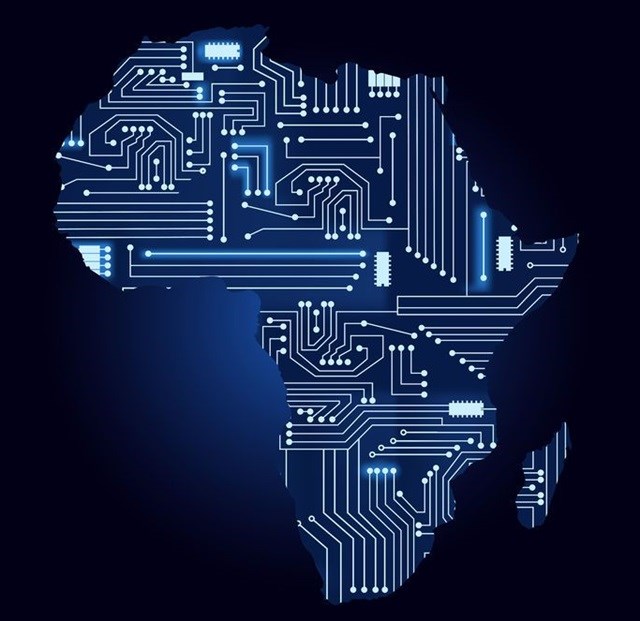
Top stories


LegalKenyan beer firm asks court to block Diageo's $2.3bn EABL sale to Asahi
Duncan Miriri and Emma Rumney 1 hour




The five successful strategies to a top EDI ranking include the development of digital regulation, building of human capital, using pivot sectors and territories, banking on smart logistics, and reducing digital inequalities.
South Africa, Nigeria and Kenya make up the top three of the 2018 EDI “digitagility” ranking. The EDI Index illustrates each country’s ability to provide the necessary environment for business to succeed in an increasingly digitalised global economy. The index measured corporations’ ability to transform and thrive digitally.
Weak connectivity, trade infrastructure and knowledge ecosystem have proved to be the main shortcomings in Africa. The continent has attracted substantial amounts of Foreign Direct Investment but businesses have not really thrived because of inadequate infrastructure and a small population of techno-savvy citizens.
South Africa leads the African pack by occupying the 46th position, Kenya is in 70thposition and Nigeria is ranked 100th out of 115 countries in the world.
Being the leading business hub on the continent, South Africa, occupies the first position in Africa. The country is endowed with economic development and infrastructural sophistication. Over the years, many companies in South Africa have invested billions in the digitisation of the economy.
The country’s competitive advantage is explained by a major focus on digital technologies like sensors or connectivity devices, and on software and applications, such as manufacturing execution systems. However, with this impressive record, the report noted that the connectivity quality in South Arica still remains below average.
Coming second after South Africa and 70th on the world ranking, Kenya is showing a steady increase in infrastructural development.
Kenya is the business leader in East Africa with an economy estimated to be slightly over US$70 billion. The country also has an impressive trade infrastructure and a supportive business environment, which outweighs the country’s political instability. Like South Africa, Kenya also has a below average connectivity quality.
Third on the continent and 100th on the world ranking is Nigeria. The country has alternated between the first and second position in terms of economic size in Africa.
Nigeria is Africa’s most populous country and that gives it the largest number of technology users. According to the report, Nigeria scored 100th out of 115 despite a substantial market score.
“Developing digital regulation, building human capital, using pivot sectors and territories, banking on smart logistics, and reducing digital inequalities are five successful strategies to top EDI ranking,” said Ludovic Subran, chief economist at Euler Hermes.
The report suggests the following five strategies that African corporations can use to boost digitagility:
Euler Hermes ranks 115 markets around the world based on their overall index. The index is obtained by averaging the five sub component score. Find out more about the Euler Hermes Enabling Digitalization Index here.